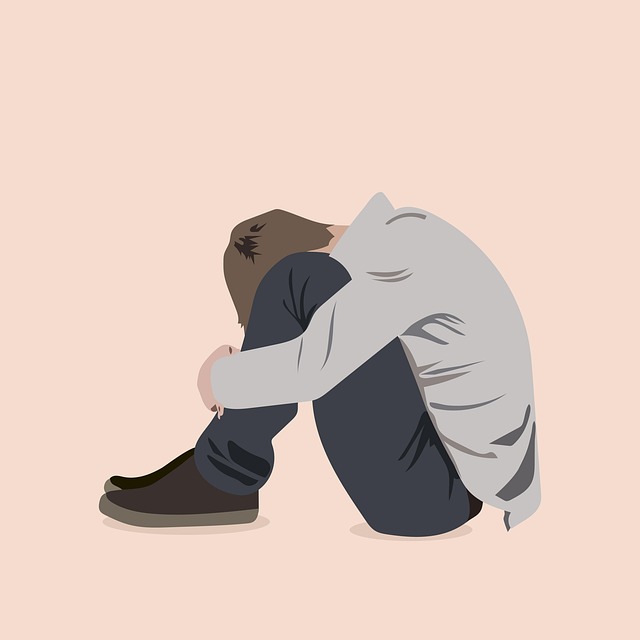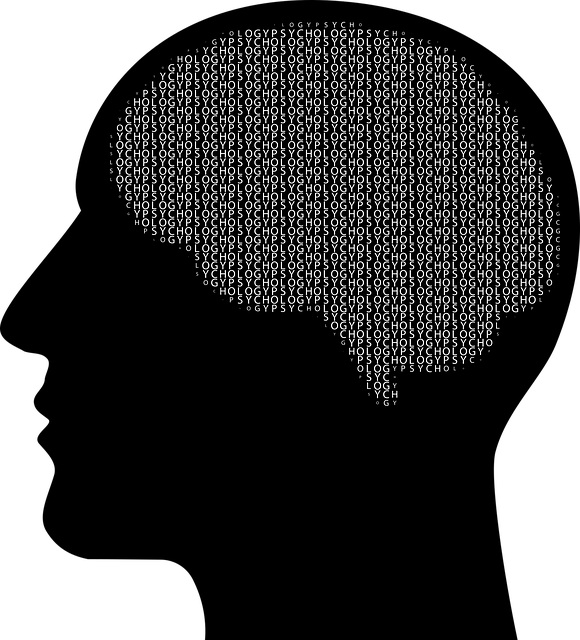Broomfield Bipolar Disorder Therapy offers a unique, holistic approach using RFM (Resilience, Flexibility, Mindfulness) practices to empower individuals with bipolar disorder. This method includes tailored resilience-building exercises, compassion cultivation, and mindfulness techniques for emotional regulation. By integrating social skills training, mood management tools, and self-care practices, patients gain lifelong coping strategies for improved mental well-being, reduced stigma, and enhanced overall quality of life.
“Explore the transformative power of RFM (Resilience, Flexibility, and Mastery) in managing bipolar disorder with our comprehensive guide. We delve into the role of RFM in enhancing mental health, especially within the context of Broomfield Bipolar Disorder Therapy. This approach offers a unique perspective on navigating mood episodes.
From understanding the core principles to practical tips for integration into daily life, this article equips readers with tools to build resilience and improve overall well-being. Discover how these exercises can revolutionize your journey towards stability.”
- Understanding RFM and Its Role in Bipolar Disorder Therapy
- The Impact of Resilience-Building Exercises on Mental Health
- Broomfield Approach: A Unique Perspective on Managing Bipolar Disorder
- Practical Tips for Integrating RFM into Everyday Life
Understanding RFM and Its Role in Bipolar Disorder Therapy

Understanding RFM (Resilience, Flexibility, and Mindfulness) is essential in the context of Broomfield Bipolar Disorder Therapy. This therapeutic approach recognizes that individuals with bipolar disorder often struggle with emotional regulation, coping mechanisms, and maintaining a sense of stability. By integrating RFM practices, therapists aim to empower patients to navigate their mental health journey effectively. Resilience-building exercises focus on fostering adaptability, enabling individuals to cope with life’s challenges without being overwhelmed.
In the realm of Broomfield Bipolar Disorder Therapy, compassion cultivation practices play a significant role in reducing the impact of stigma associated with mental illness. Mindfulness techniques help patients observe their thoughts and emotions without judgment, promoting self-care practices that are tailored to their unique needs. This holistic approach not only supports symptom management but also enhances overall well-being, encouraging individuals to embrace resilience as an integral part of their lives.
The Impact of Resilience-Building Exercises on Mental Health

Resilience-building exercises have been shown to significantly impact mental health, especially for individuals dealing with conditions like bipolar disorder. These exercises equip people with essential coping mechanisms and enhance their ability to navigate life’s challenges. By incorporating activities that foster adaptability and emotional strength, individuals can improve their overall well-being and quality of life.
In the context of Broomfield Bipolar Disorder Therapy, resilience training goes beyond traditional talk therapy. It involves practical strategies such as Social Skills Training, which helps individuals build and maintain healthy relationships. Mood Management techniques enable people to regulate their emotions effectively, while Self-Care Practices promote overall mental and physical health. These exercises empower individuals to take control of their mental health journey, fostering a sense of autonomy and resilience.
Broomfield Approach: A Unique Perspective on Managing Bipolar Disorder

The Broomfield Approach offers a unique perspective on managing bipolar disorder by focusing on resilience-building exercises tailored to each individual’s experience. This innovative therapy goes beyond traditional treatment methods, emphasizing the power of personal growth and coping strategies in navigating the highs and lows associated with bipolar conditions. By integrating techniques like mindfulness, stress management, and community outreach program implementation, the approach aims to empower individuals to take control of their mental health journey.
Through this holistic method, patients are encouraged to develop a strong sense of self-awareness and build confidence in managing their symptoms. The Broomfield Bipolar Disorder Therapy does not merely treat the disorder but equips individuals with lifelong skills for emotional well-being. By fostering resilience, the approach enables folks to embrace challenges as opportunities for growth, ultimately enhancing their ability to thrive despite life’s ups and downs.
Practical Tips for Integrating RFM into Everyday Life

Integrating RFM (Resilience, Flexibility, and Mindfulness) into everyday life can significantly enhance one’s ability to manage stress and improve mental wellness, particularly for those navigating bipolar disorder or similar challenges. Start by incorporating small practices such as daily meditation or mindful breathing exercises. These techniques not only promote relaxation but also foster a deeper sense of self-awareness, crucial for recognizing triggers and managing moods effectively.
Additionally, engaging in regular physical activity, like gentle yoga or brisk walking, can serve as an excellent RFM tool. Such activities release endorphins, boost mood, and enhance overall resilience. For those struggling with self-esteem improvement, setting achievable goals and celebrating small victories can be transformative. This positive reinforcement strengthens mental health awareness and empowers individuals to embrace challenges with renewed energy and a more balanced perspective.
The integration of Resilient Focused Mindfulness (RFM) and resilience-building exercises offers a promising path toward managing bipolar disorder. As discussed, these practices can significantly enhance mental health outcomes, providing individuals with tools to navigate emotional fluctuations and promote stability. The Broomfield Bipolar Disorder Therapy approach exemplifies this unique perspective, combining mindfulness with practical strategies for everyday life. By adopting RFM techniques, folks can foster resilience, ultimately revolutionizing their relationship with bipolar disorder and achieving a higher quality of life.











